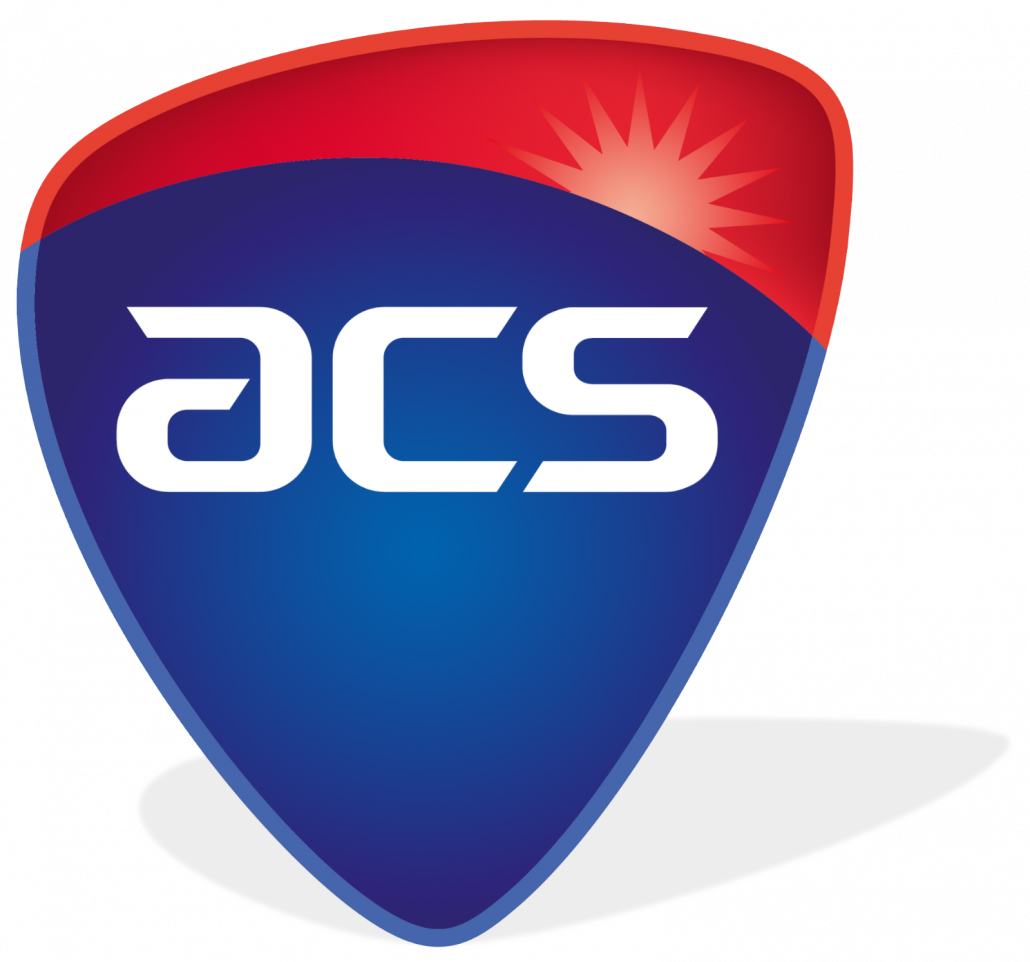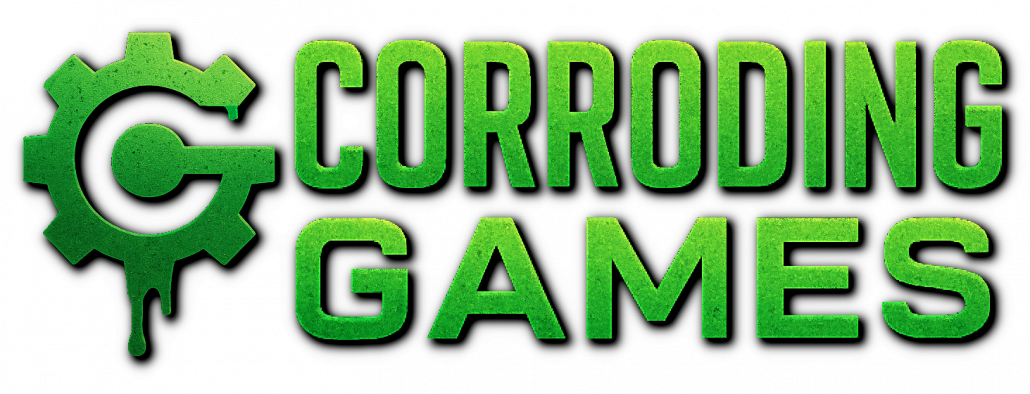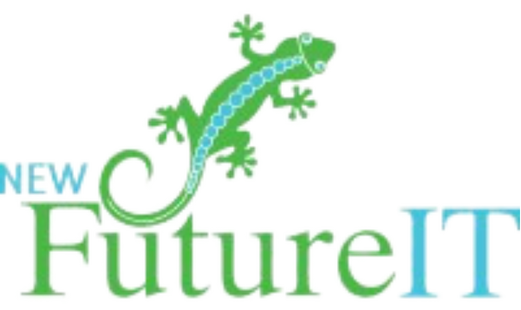Empowering Local Languages
AI Challenge
This challenge invites participants to design and develop advanced Artificial Intelligence models capable of translating an Indigenous language from the northern regions of Australia into English. It is more than just a technical competition; it is an opportunity to bridge cultures, preserve linguistic heritage, and make Indigenous voices more accessible to the world.
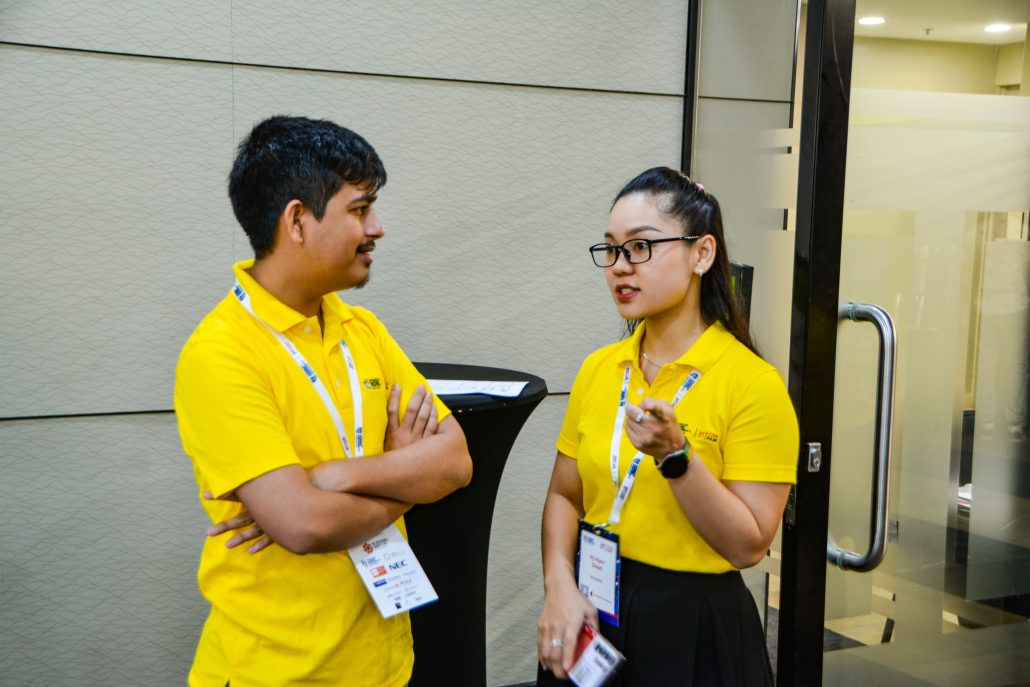
The challenge mirrors a complete AI project lifecycle, from data preparation and model training to deployment-ready evaluation, with leaderboard results being shown. Participants will develop hands-on experience in natural language processing, low-resource language translation, and culturally aware AI applications, all of which are valuable for both research and industry careers.
Participants will explore a variety of machine learning and deep learning techniques, including sequence-to-sequence models, transformers, and attention-based architectures, to produce high-quality translations. Creativity in model design, data preprocessing, and handling linguistic nuances will be essential to achieving the best results.
By developing an AI model capable of translating the Kriol language into English, participants will not only showcase their technical skills but also play an active role in a cultural preservation initiative.
Participants will train and validate their translation models using the provided training dataset (see sections below), while the test dataset will remain private for final scoring and ranking by the IT Code Fair judging team.
** You will showcase your project to judges in person on the Challenge Day date and venue as stated below. **
What is Required?
Rules of Competition
Participants must be in teams of 2 to 4 students.
The solution must be developed in Python using the PyTorch framework. The trained model must be submitted as a .pth file along with the Python source code.
The submission code files in .ipynb format is accepted. The use of Google Colab or any interactive Python editor is recommended.
Submission
You are given a testing opportunity on the Test Run day to see where you stand. This must be done on 09 Oct 2025.
The final model must be submitted by the latest 15 Oct 2025.
On the Challenge Day, you will run your final model in front of the judges.
You may include Python scripts, all processed datasets, and the requirements.txt file (if applicable) to replicate your Python environment.
Evaluation
Models are evaluated using the COMET translation metric. Details are provided in the sample code. For additional reading, please visit: https://unbabel.github.io/COMET/html/index.html
Test Run
09 Oct 2025, 09:00 – 12:00
Interactive Classroom 4.22, Danala | ECP, Darwin
Charles Darwin UniversityFinal Model Submission Deadline15 Oct 2025 (end of day)
You must submit the final model via the link you received in your email at the time of registration.DO NOT submit your work via email.
Challenge Day
16 Oct 2025, 09:00 – 12:00
Interactive Classroom 4.22, Danala | ECP, Darwin
Charles Darwin University
Eligibility
All students who are currently enrolled on CDU’s Information Technology coursework programs (undergraduate, postgraduate, TAFE, short courses)
Higher Degree by Research (HDR) students are not eligible to participate.
Resources
Dataset: train_data.csv
Sample code (Train and Test): CDU_AI_Challenge.ipynb
Leaderboard Table
To be updated
CDU IT CODE FAIR 2025
is brought to you by
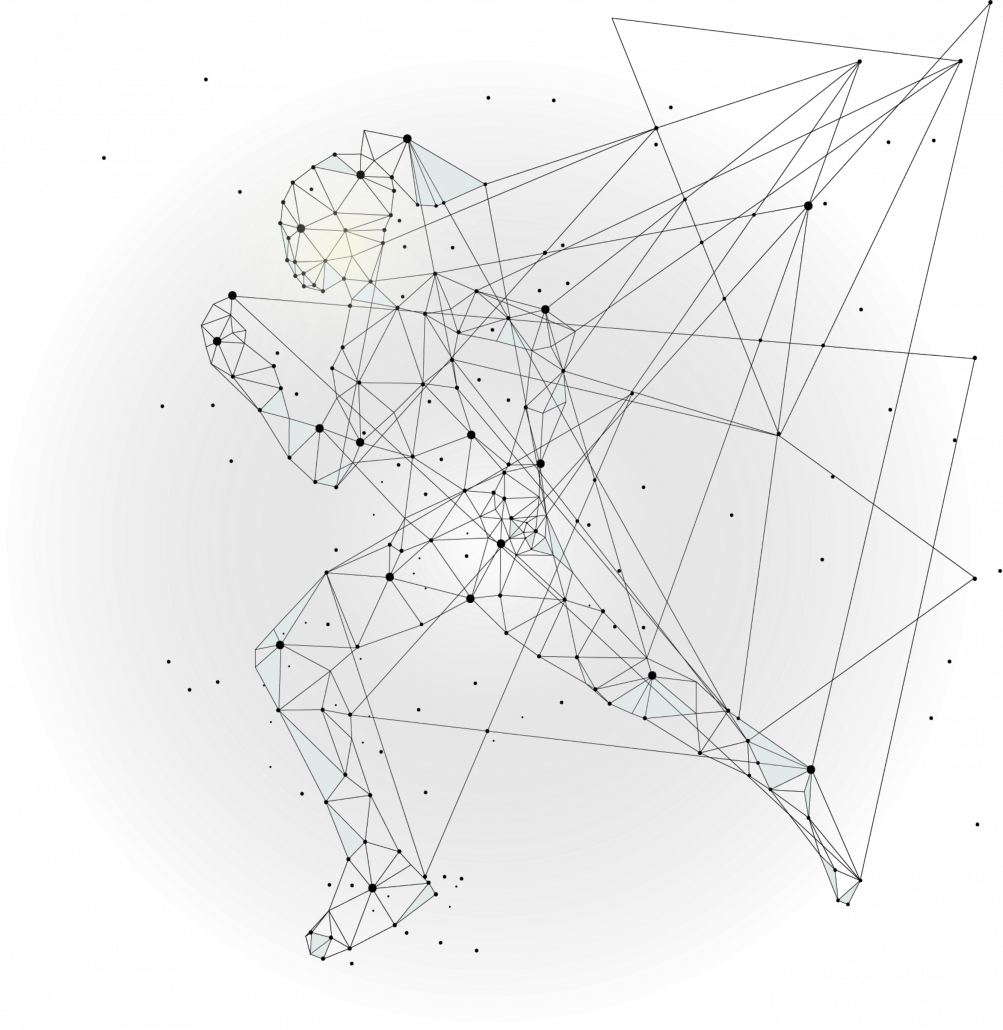
PLATINUM SPONSOR
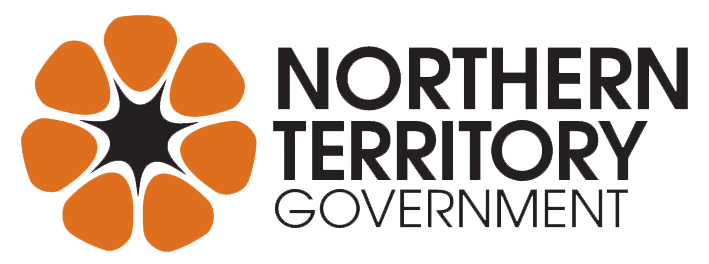
GOLD SPONSORS
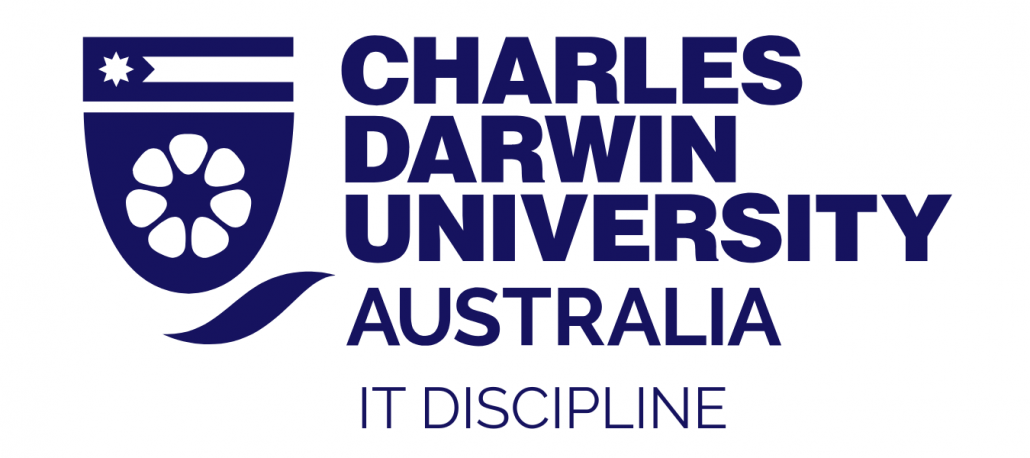
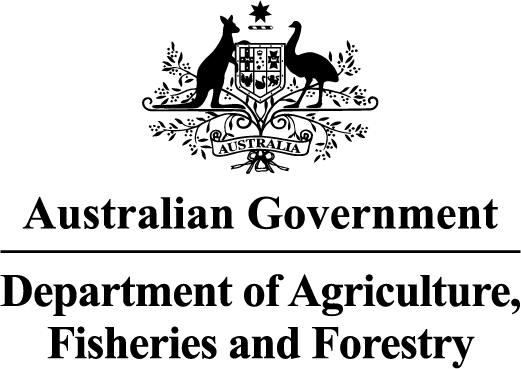
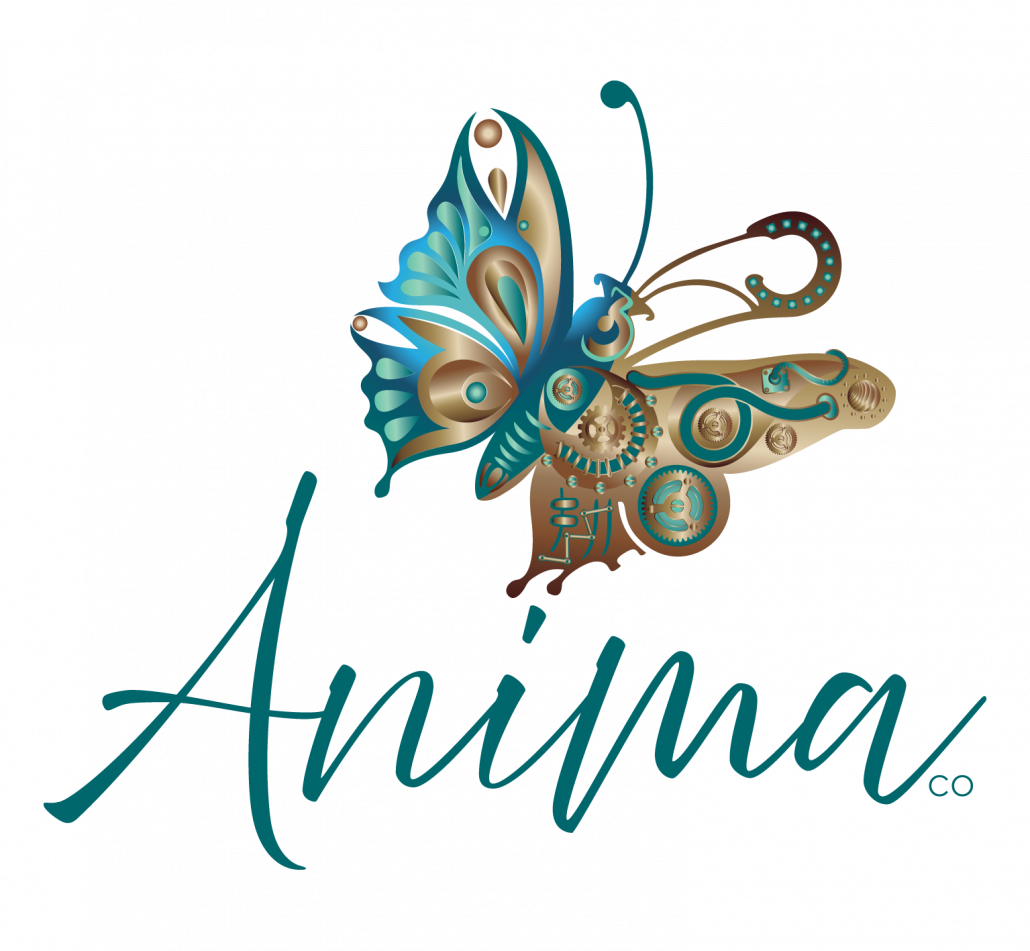


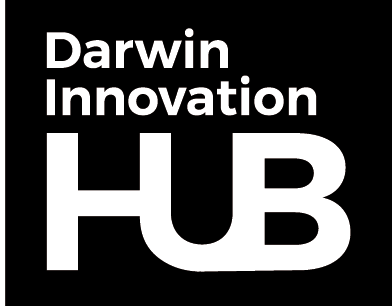
SILVER SPONSORS
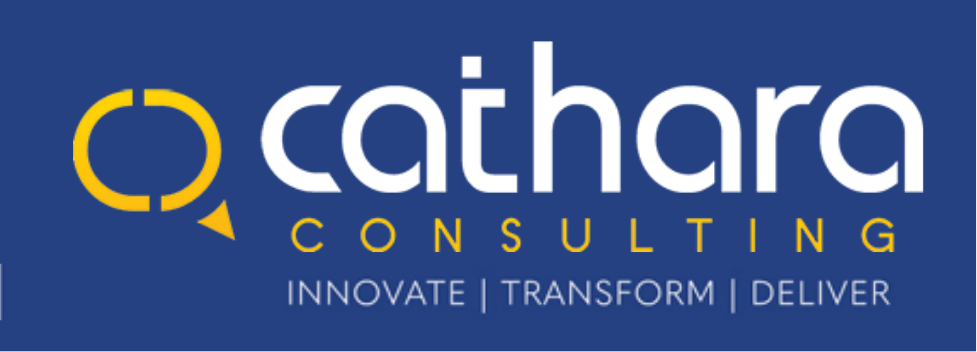



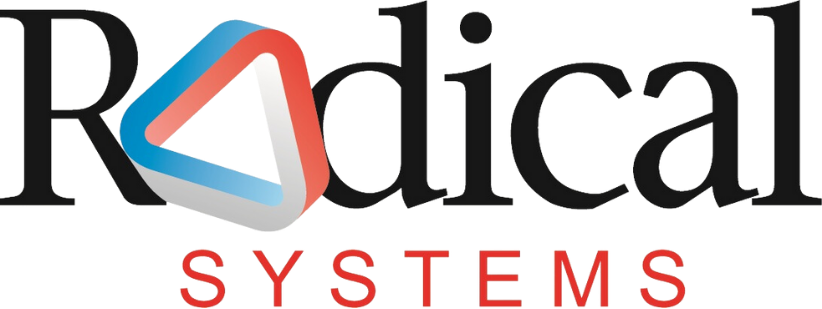

BRONZE SPONSORS


